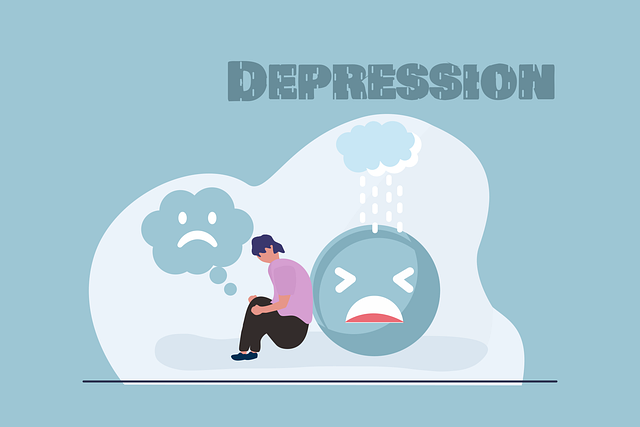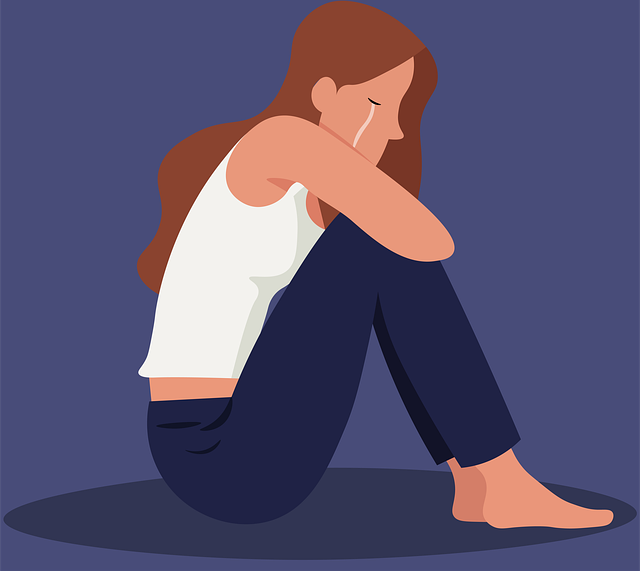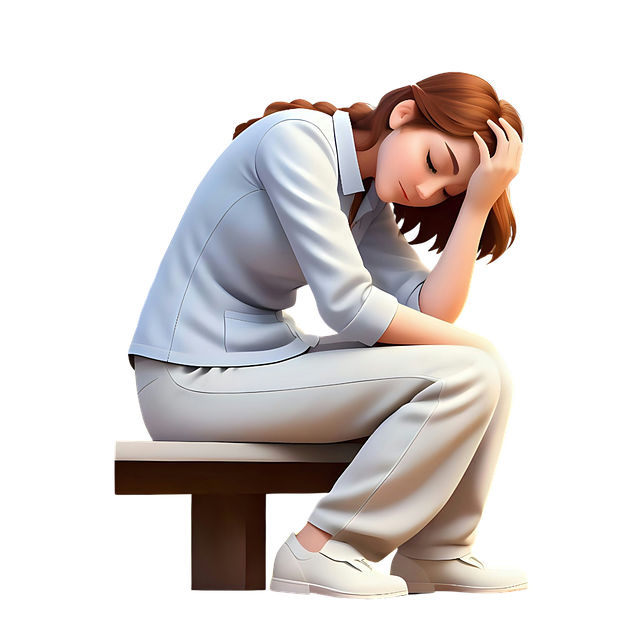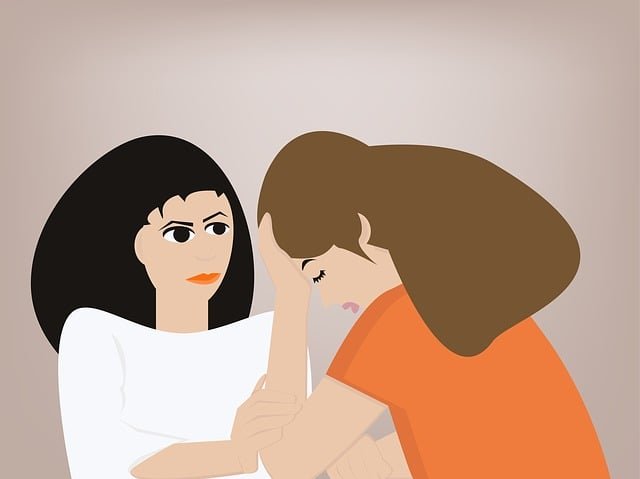
Teenage depression is a serious mental health condition that goes beyond the usual mood swings associated with adolescence. Unlike adult depression, it can present differently and may be harder to recognize. Symptoms include sadness, irritability, and loss of interest in activities once enjoyed.
* Persistent sadness or irritability
* Withdrawal from friends and family
* Changes in sleep and eating patterns
According to the World Health Organization, depression is a leading cause of illness and disability among adolescents.
Globally, one in seven teenagers (ages 10-19) experiences a mental disorder, making up 13% of the global disease burden for this age group. Depression, anxiety, and behavioral disorders are the main causes of illness and disability among adolescents. Suicide is the fourth leading cause of death among young people aged 15-29.
Ignoring adolescent mental health can lead to long-term problems, affecting physical and mental health and limiting their potential in adulthood.
Teenage depression doesn’t have a single cause. It often results from a combination of factors, including genetics, biology, and environment.
Genetic and Biological Factors:
* Family history of depression can increase the risk.
* Imbalances in brain chemicals like serotonin.
* Stressful home environments.
* Peer pressure and relationships.
* Societal expectations.
* Exposure to social media and its associated pressures.
There are several misconceptions about teenage depression that need debunking to ensure accurate understanding and effective support.
Myth: “It’s just a phase.” Fact: Depression is a serious mental health issue.
Myth: “Teens can’t get depressed.” Fact: Depression does not discriminate by age.
Importance of Accurate Information:
Accurate awareness helps in early identification and treatment.
Sadness is temporary; depression affects daily functioning and lasts longer.
Changes in behavior are often the first sign that something may be wrong. Which includes-
# Withdrawal from Social Activities
# Avoiding friends and family events.
# Insomnia or excessive sleeping.
# Noticeable weight loss or gain.
# Loss of Interest in Hobbies
# Giving up on activities they once enjoyed.
Emotional changes can be subtle but are crucial indicators of depression.
Persistent Sadness or Irritability:
* Seeming unusually sad or irritable most of the day.
Feelings of Worthlessness or Guilt:
* Expressing feelings of failure or excessive guilt.
Excessive Crying or Mood Swings:
* Frequent tearfulness without a clear reason.
Physical symptoms can sometimes mask or highlight the presence of depression.
Unexplained Aches and Pains:
* Complaints of headaches, stomachaches without medical cause.
Lack of Energy or Fatigue:
* Perpetual tiredness, even after adequate rest.
Changes in Appearance or Hygiene:
* Neglecting personal grooming and cleanliness.
Building a safe and open environment is key to helping a teenager feel comfortable discussing their feelings.
Encouraging Open Dialogue:- Make it clear that they can talk to you anytime.
Practicing Active Listening:- Listen without interrupting, showing empathy through body language.
Avoiding Judgmental Language:- Use supportive and understanding phrases.
Approaching sensitive topics requires care and thought.
How to Approach Sensitive Topics:- Choose a quiet and private setting.
Importance of Timing and Setting:- Avoid distractions; ensure it’s a calm time for both of you.
Examples of Supportive Questions:- “How have you been feeling lately?”
“Is there something on your mind that you’d like to talk about?”
Establishing a Consistent Routine:- Predictability can provide comfort and security.
Demonstrating Empathy and Understanding:- Validate their feelings without dismissing them.
Seeking Mutual Activities for Bonding:- Engage in activities they enjoy to strengthen the relationship.
Understanding when professional help is necessary can prevent the situation from worsening.
Recognizing Severe Symptoms:- Persistent depression affecting daily activities.
Knowing When Self-Help is Not Enough:- When symptoms don’t improve despite efforts.
Importance of Early Intervention:- Early help can prevent more severe mental health issues.
Different professionals offer varied approaches to treatment.
Psychologists vs. Psychiatrists:
* Psychologists focus on therapy; psychiatrists can prescribe medication.
Role of School Counselors:
* They can provide initial support and refer to specialists.
Understanding the Therapist-Patient Relationship:
* A good rapport is crucial for effective therapy.
Cognitive-Behavioral Therapy (CBT):
* Focuses on changing negative thought patterns.
Medication and Its Considerations:
* Sometimes necessary but should be closely monitored.
Family Therapy and Support Groups:
* Involving family for holistic support.
Promoting a healthy lifestyle is integral to recovery
Promoting Regular Exercise:
* Physical activity boosts mood and energy.
Importance of a Balanced Diet:
* Nutritious food supports mental health.
Ensuring Adequate Sleep:
* Sleep is vital for emotional and physical well-being.
Teaching effective coping strategies is essential for managing stress and daily challenges.
Stress Management Techniques:
* Time management and relaxation practices.
Mindfulness and Relaxation Exercises:
* Techniques like deep breathing, meditation.
Developing Problem-Solving Skills:
* Encouraging practical and positive ways to tackle issues.
Reducing Stressors at Home:
* Minimize arguments and create a peaceful environment.
Encouraging Positive Relationships:
* Foster supportive friendships and family bonds.
Monitoring and Adjusting Routines as Needed:
* Be flexible and adjust as needed to meet the teenager’s needs.
In conclusion, teenage depression is a big problem that can really affect teens and their families. It's important to know the signs, get help quickly, and give lots of support. By being understanding, caring, and finding the right help, we can help teens get through tough times and look forward to better days ahead.
1. What are the common signs of depression in teenagers?
Persistent sadness or hopelessness, irritability, loss of interest in activities, changes in sleep and appetite, fatigue, difficulty concentrating, and thoughts of self-harm or suicide.
2. How can I differentiate between normal teenage mood swings and depression?
While mood swings are common in teenagers, depression involves consistent, prolonged symptoms that affect daily functioning. Look for significant changes in behavior, persistent sadness, and withdrawal from friends and activities.
3. What causes depression in teenagers?
Depression can be caused by a combination of genetic, biological, environmental, and psychological factors. Stressful life events, family history of depression, and trauma can also contribute.
4. How can I support my teenager if they are showing signs of depression?
Offer a listening ear without judgment, encourage open communication, and express your support. Help them seek professional help from a therapist or counselor if needed.
5. Is medication necessary for treating teenage depression?
Treatment depends on the severity of the depression. Some teenagers may benefit from therapy alone, while others may need a combination of therapy and medication. Consult a mental health professional for guidance.
6. Can lifestyle changes help improve my teenager’s depression?
Yes, encouraging healthy habits such as regular exercise, a balanced diet, adequate sleep, and activities they enjoy can support mental health. Reducing screen time and promoting social interactions can also help.
7. How can I talk to my teenager about their depression without making them feel worse?
Approach the conversation with empathy and concern. Use “I” statements (e.g., “I’ve noticed you seem unhappy lately”) and avoid criticism. Let them know you’re there to help and support them.
8. What should I do if my teenager talks about suicide?
Take any mention of suicide seriously. Stay calm, express your concern, and seek immediate help from a mental health professional or call emergency services if they are in immediate danger.
9. How can I prevent my teenager from becoming depressed?
While you can’t prevent all cases of depression, fostering a supportive and open family environment, encouraging healthy coping mechanisms, and staying involved in their lives can help. Be aware of the signs and seek early intervention if needed.
10. Where can I find help and resources for teenage depression?
Consult your family doctor or a pediatrician for referrals to mental health professionals. School counselors, local mental health organizations, and national helplines can also provide support and resources.




